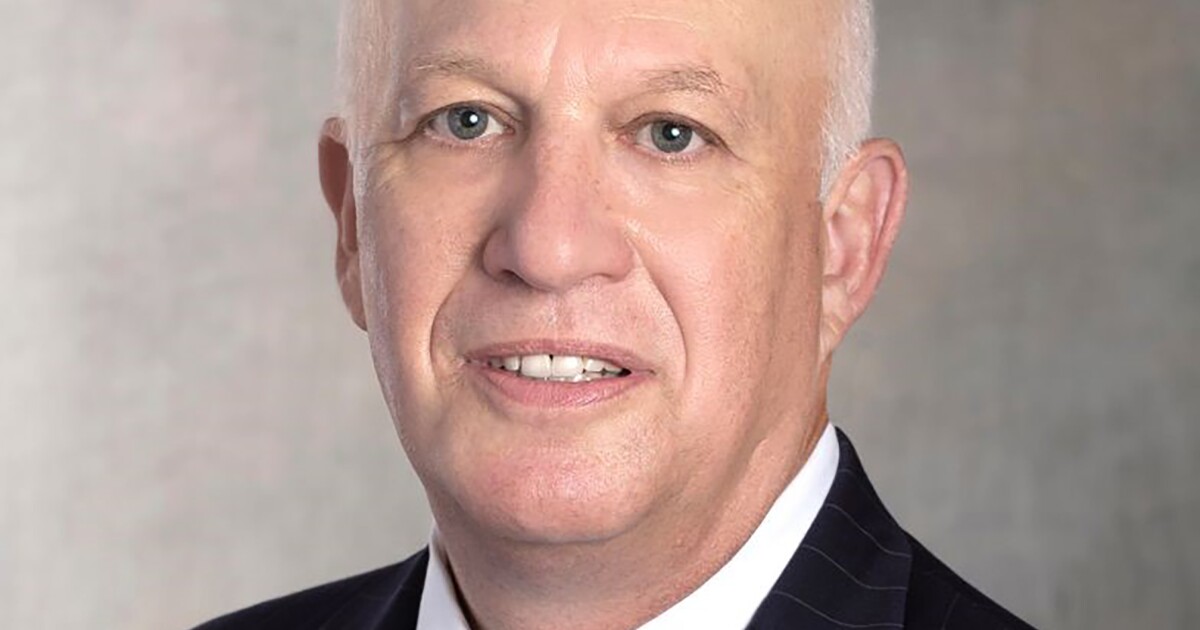Tariffs spell end to rate cuts
3 min read

Wells Fargo
Economists are figuring out the ramifications of tariffs proposed by the Trump administration on future rate cuts by the Federal Reserve by predicting the future inflation rate.
“We think that’s probably going to go up to 3% or so,” said Jay Bryson, a managing director and chief economist for Wells Fargo Corporate and Investment Banking.
“It’s not going to come back down to the Fed’s 2% inflation rate. They’re probably not raising rates, but if you do see tariffs go on next year, they’re probably not cutting rates significantly either.”
The comments came during a discussion on Thursday produced by the Securities Industry Financial Markets Association that kicked off the publication of a yearly market
The report was compiled by the SIFMA Economic Advisory Roundtable composed of chief U.S. economists from over 20 global and regional financial institutions. The group crunches numbers on GDP, unemployment, inflation, and interest rates.
While concerns about the return of inflation are up, the worries over recession appear to be over. Nearly half of the roundtable participants are placing the odds of recession in 2025 at less than 15%. One third are predicting a likelihood between 15% and 30%.
The report also indicates a stable Treasury market. Per the report, “nearly 60% of respondents think the equilibrium yield on the 10-year Treasury note will be in a range of 4.00% to 5.00% at the end of 2029. None of the respondents expect the yield on the 10-year note will exceed 5.00% at that time.”
“Do I lay awake at night worrying about the debt and the deficit of U.S. government right now?” said Bryson. “No, I don’t, largely because there’s no alternative to Treasury securities. They are the deepest, most liquid, transparent financial market in the world.”
As the next Congress takes over, looming questions about tax policy and a ballooning federal deficit will take center stage. President-elect Trump is proposing eliminating taxes on Social Security, which would add to the problem.
“I wouldn’t worry about the federal debt in the short term,” said Bryson. “I’m a little bit more worried about the longer term. If you stop taxing Social Security benefits, I think that brings the long term a little bit closer. I could see the bond market reacting pretty negatively to that.”
Trump’s first administration enacted the Tax Cuts and Jobs Act which eliminated the advance refunding of tax-exempt bonds and applied a $10,000 cap on the deduction for state and local taxes, two unpopular provisions in the muni bond community. The future of the legislation is spurring much debate on Capitol Hill.
“I think the big thing next year will be the extension of the tax cuts and job debt of 2017,” said Bryson. “The President-elect ran on a campaign of extending those tax cuts. He has Republicans majority in both houses, albeit a relatively small one in the House, so we expect that will be extended.”
The roundtable believes an assortment of cuts will be part of a tax package that will veer around any adjustments to the corporate rate. Expectations about an adjustment to the SALT cap are running high.
Despite the uncertainty about what will happen in the next administration and Congress, economists remain bullish.
“As we approach the end of 2024, our survey reveals the U.S. economy’s extraordinary growth and projects continued strength into 2025,” said Bryson. “Overall, real GDP growth should remain solid, inflation should continue to recede, and the Federal Reserve will cut rates lower, signaling continued economic stability.”







